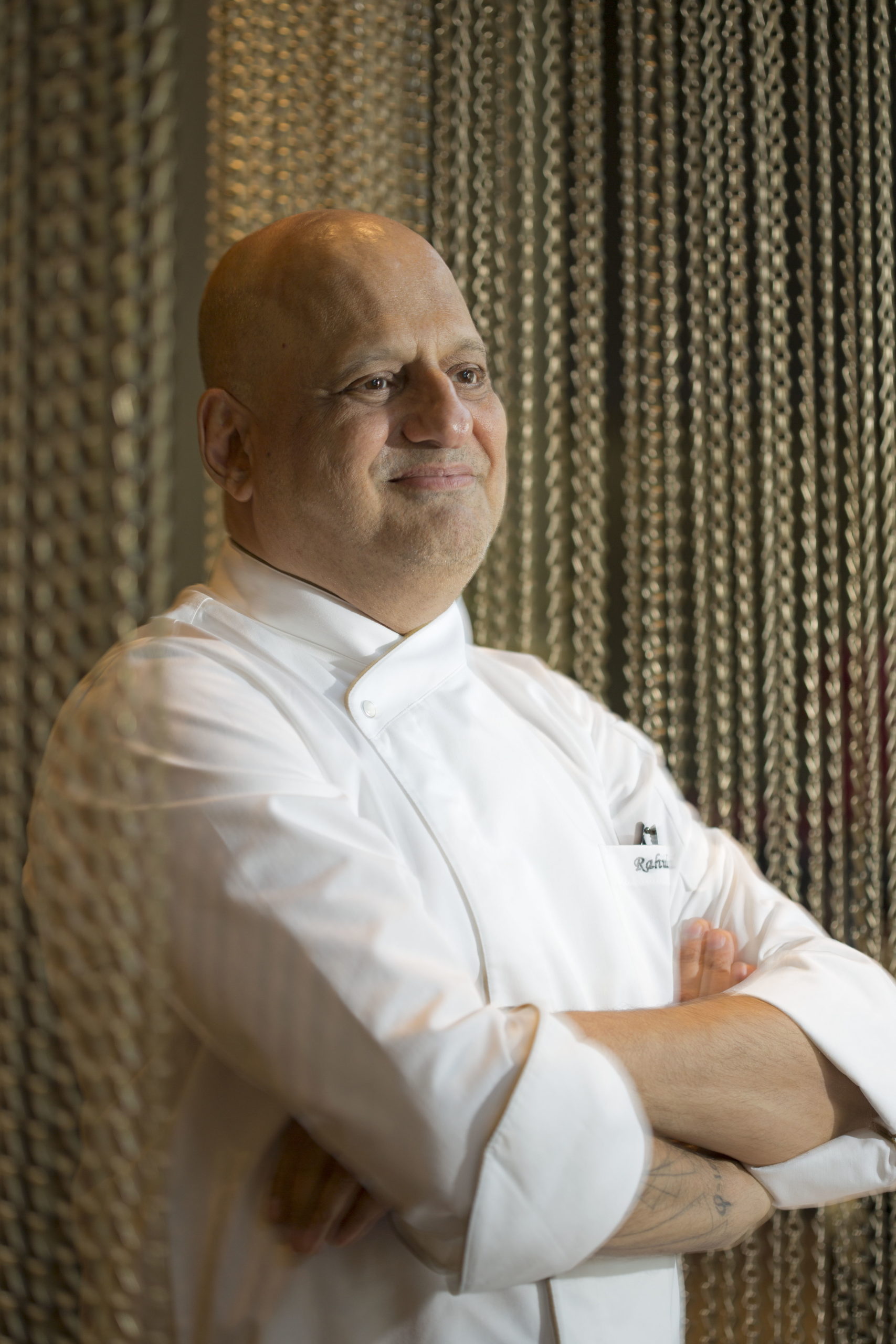I’m often asked—like I’m some restauranting Yoda—what makes for a winning restaurant and how I created the successful F&B businesses that I did? The simple truth is, I’m just not so sure how it all happened.
There are no hard and fast rules, no magic wand you can wave, and no crystal ball that you can gaze into for answers. But happen it did, and repeatedly, so I must have been doing something right. What’s the magic sauce? There are a few ingredients that are common to every successful restaurant I built…
1. Be passionate
No matter what you do you have to pour your heart and soul into it. You’ve got to love what you do. If you approach it half-baked, and complacently, you’ll only create mediocrity. You need to go all-in, to commit, to be determined to make it successful no matter what. Sweat the details and go that extra mile to make things right. But there’s a caveat here. Blind passion without a solid foundation in reality can be a dangerous, and blinding motivator. You need to understand and know your product inside and out too. You need to have done your homework and you need to keep learning. Lastly, remember to laugh and have fun, no matter what. Don’t take yourself too seriously but take what you do very seriously.
Whatever you do, always remember, it’s a business first. You must drive sales, control costs, and watch the bottom line.
2. Bite off more than you can chew but not so much that you choke
I’ve always jumped into or attempted projects that were just a bit beyond my ability and somewhat ambitious. But that forced me to always step up and push myself to prevent failure. It’s how I pushed the envelope and stayed ahead of the curve. Do things outside your comfort zone. It prevents you from getting cocky, brash or complacent, and forces you to learn new things to succeed. It keeps you real, makes you aware, and helps you focus on overcoming the unknown.
3. Keep it simple
Don’t overcomplicate what you do and don’t overthink things. Most problems can be distilled down to a few very basic issues. You’ve got to learn to step back and think objectively on the issues. Focus on addressing those and ignore the rest.
I remember when we were analysing the restaurant business in Bangalore vs Bombay in the mid 1990s. The cost of building a restaurant (interiors + equipment) was roughly the same in both cities, but rent rates were the differentiator. Mumbai was about ₹ 150/sq ft at the time and Bangalore about ₹ 50/sq ft. For a 3,000 sq ft (100-seater) space, the differential in rent worked out to ₹ 3 lakhs a month. Dividing this by 30 days and again by half for lunch and dinner, meant ₹ 5,000 per shift. For a 100-seater restaurant that translated to ₹ 50 a head…which was roughly the price of a Coca Cola! So, the question about whether to open in Bangalore or Bombay distilled down to whether you could sell a Coke per customer easier in Bombay or Bangalore. The answer was clear, and we moved back to Bombay in a week!
4. It is a business
People get into the restaurant business for many reasons, common among them is the sexy factor of owning a successful restaurant or bar. People see the glamourous, public side of it and want a piece of that. In reality it’s dog’s work—you work when everyone else plays—and contrary to what people believe, we operate on very slim margins. It’s like any other service business but on steroids and with too many moving parts. Hospitality and restaurants are people driven and perception management businesses. You’re constantly walking a tightrope between managing creativity, egos, long hours, personalities, seasonality, tastes, ingredient availability, and watching the bottom line. Whatever you do, always remember, it’s a business first. You must drive sales, control costs, and watch the bottom line. Hospitality, creativity and service may make the money, but you need to manage it after that.
5. Your people are your biggest investment
I can’t stress this enough. Nothing is achievable without a team and this is never truer than for restaurants where you have so many human moving parts. You must build and foster a team. Hire for attitude. Skills can be learned. Attitude can’t. Surround yourself with people who are better than you at their individual tasks and learn from them. Nurture, praise, recognise, communicate, empower, delegate, be transparent. Involve your people in decision making. Instill excellence. Always… and train, train, train!
In the end, and I hate to say it, I believe you need a certain amount of luck too. Being in the right place, at the right time, with the right idea helps immensely. That being said, the question I’ll leave you with is this: is being in the right place at the right time merely a fortuitous confluence of events or created by one’s ability to disrupt the status quo with the clarity of foresight?
Maybe it’s a little of both!


